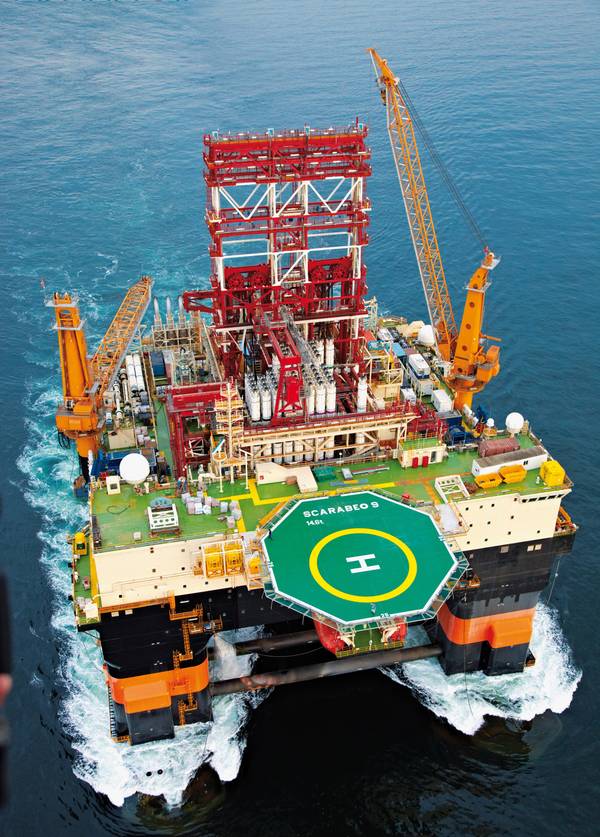
Italian oil services group Saipem has drawn up a short list of potential partners for its drilling business as it casts around for joint venture deals to help revive growth.
Saipem, controlled by state lender CDP and oil major Eni , makes most of its revenues from its core engineering and construction (E&C) unit but wants to keep exposure to drilling to capture the recovery it believes is round the corner.
Chief Executive Stefano Cao said on Thursday the group had spent a lot of time assessing potential equity investors for its drilling operations.
"The process is continuing ... there is now a very limited number of opportunities we believe deserve time and attention," Cao said in a conference call on second quarter results.
Sources said earlier this year Saipem was trying to lure big U.S. rivals into joint ventures but had not clinched any deals yet for drilling operations valued at up to 1.5 billion euros ($1.7 billion).
While demand for oilfield services has been slowly picking up, oil majors are still loathe to splash out, prompting consolidation in an industry still recovering from the 2014 downturn.
"I am satisfied with the positive results recorded in the first half of 2019 despite a scenario that does not yet show clear signs of recovery," Cao said.
Saipem, which last month won its biggest ever contract of $6 billion in Mozambique, more than doubled its new orders in the first half to 9.5 billion euros, with a backlog of 17.6 billion euros - its highest level since the third quarter of 2015.
It said it had also secured around 1 billion euros of new offshore projects which were subject to final investment decisions and so not yet booked in the backlog.
"We believe that the company guidance on EBITDA (core earnings) and consensus estimates could turn out conservative by the end of this year," Italian broker Banca IMI said.
At 1027 GMT Saipem shares were up 2.2%, while the European oil and gas index was flat.
Saipem, a market leader in subsea E&C, said earnings before interest, tax, depreciation and amortization (EBITDA) in the second quarter jumped 47% to 308 million euros, above a Refinitiv-compiled analyst consensus of 265 million euros.
Thanks to improved cash flow, the group was able to cut its net debt target for the year by around 20% to below 800 million euros.
But it said the ongoing low level of spending by oil companies and oil price volatility would continue, and confirmed expectations for full-year revenues of around 9 billion euros.
($1 = 0.8982 euros)
(Reporting by Stephen Jewkes; Editing by Mark Potter)